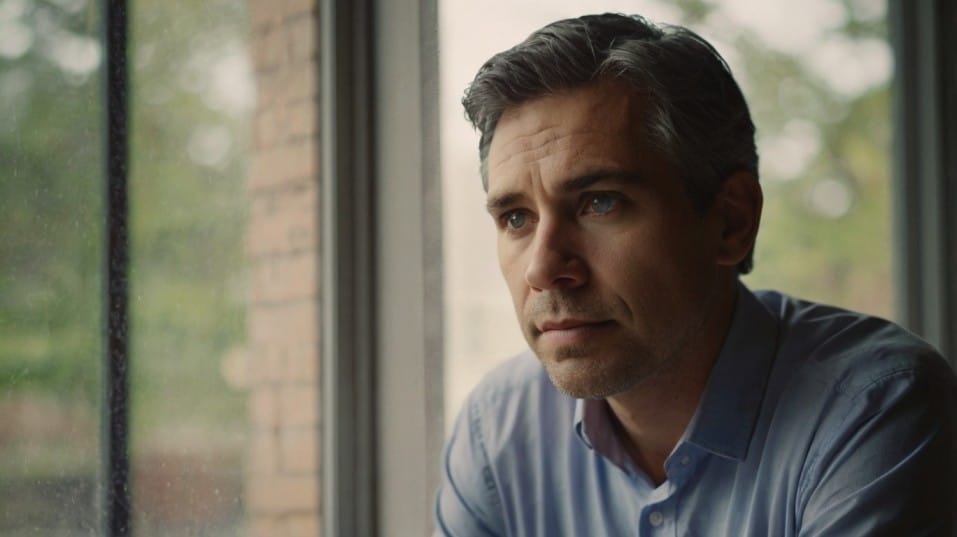How Mindfulness Turns Setbacks into Growth Opportunities
Mindfulness turns setbacks into growth opportunities by shifting reactions, breaking emotional loops, and building resilience through presence.

What if setbacks weren’t signs of failure but stepping stones to success? When a challenge knocks you off course, frustration and self-doubt can take over—unless you change how you process the experience.
Mindfulness helps you shift from reacting emotionally to responding with clarity. By observing thoughts without judgment, you gain control over your mindset and turn obstacles into learning moments.
Instead of getting stuck, you pivot. Here’s how mindfulness can transform setbacks into fuel for growth.
The Mindfulness Shift: Respond, Don’t React
Setbacks trigger automatic responses—anger, frustration, avoidance. These reactions might feel justified, but they rarely help.
Mindfulness disrupts this pattern by creating space between the event and your response. Instead of being controlled by emotions, you learn to observe them, process them, and choose your next move with clarity.
Consider a common professional setback: missing out on a promotion. The sting of disappointment is real, but dwelling on it only reinforces negative thought loops.
Mindfulness gives you the tools to step back and assess the situation with objectivity. What factors contributed to the outcome? What feedback can you extract?
By shifting from emotional reactivity to reflective action, you turn setbacks into a roadmap for improvement rather than a confidence drain.

Failure as Feedback, Not Judgment
Mindfulness reshapes the way you define failure. Instead of viewing setbacks as evidence of personal inadequacy, you start to see them as feedback—neutral, instructive, and useful.
This subtle but powerful shift changes how you engage with challenges. A study in Psychological Science found that people who practice mindfulness are better at distancing themselves from the emotional weight of failure.
Instead of internalizing setbacks as personal failures, they approach them with curiosity, dissecting what went wrong and identifying opportunities for growth.
This mindset fosters adaptability and persistence, two key traits of long-term success. Think about highly successful professionals, entrepreneurs, or athletes.
Their careers are not devoid of failure—in fact, they often experience more setbacks than others. The difference? They treat failure as an essential part of progress.
Mindfulness equips you with the same perspective, allowing you to navigate obstacles without letting them define you.
Breaking Free from Emotional Loops
Frustration is self-perpetuating. The more you fixate on a setback, the more power it gains over you.
Negative thought loops can take hold, making a temporary failure feel permanent. Mindfulness interrupts this cycle by redirecting attention back to the present moment.
Simple practices like deep breathing, body scans, or mindful self-inquiry help break the pattern.
The next time a setback stirs frustration, try this: pause and ask yourself, What am I feeling right now? Identifying emotions as they arise helps diminish their hold over you.
Instead of getting trapped in an unproductive mental spiral, you can acknowledge, process, and move forward.
This approach doesn’t mean ignoring problems. It means engaging with them from a position of awareness rather than stress.
When you meet obstacles with a clear mind, you’re better equipped to find solutions rather than dwelling on the problem itself.
Resilience in the Present Moment
Resilience isn’t about avoiding failure—it’s about navigating it skillfully. Mindfulness builds resilience by keeping you anchored in the present, preventing past disappointments or future anxieties from clouding your decision-making.
Athletes, for example, use mindfulness to recover from losses. Instead of fixating on mistakes, they refocus on their performance in real time.
The same applies to professional setbacks. If a project fails, a deal falls through, or a conversation doesn’t go as planned, mindfulness helps you stay engaged in problem-solving rather than spiraling into self-doubt.
Resilience isn’t just about bouncing back; it’s about growing stronger from each challenge. By staying present and responsive, you cultivate a mindset that embraces difficulties as part of the journey rather than barriers to success.
Mindful Strategies for Growth
Mindfulness isn’t passive—it’s an active practice that transforms how you engage with setbacks. Integrate these strategies into your routine:
- Pause before reacting. The moment a setback occurs, take a breath. This brief pause creates space for reflection rather than knee-jerk emotional responses.
- Acknowledge emotions. Instead of suppressing frustration, name it: “I’m feeling disappointed.” Studies show that labeling emotions reduces their intensity.
- Reframe setbacks. Rather than thinking, “I failed,” try “I gained valuable insight.” Shifting the narrative makes challenges feel constructive rather than discouraging.
- Focus on action. What’s the next best move? Even small steps break the paralysis of inaction and build momentum toward a solution.
- Commit to consistency. Mindfulness is a muscle. The more you practice, the more natural it becomes to engage with challenges from a place of awareness and growth.
Final Thoughts
Setbacks are inevitable. Staying stuck is optional. Mindfulness turns obstacles into stepping stones, training you to see failure as a tool for progress rather than a measure of worth.
The sooner you integrate mindfulness into your approach, the sooner you build resilience, clarity, and the ability to transform challenges into opportunities.
Start now—pause, observe, and shift your perspective. Growth isn’t about avoiding failure; it’s about learning to navigate it with intention.




